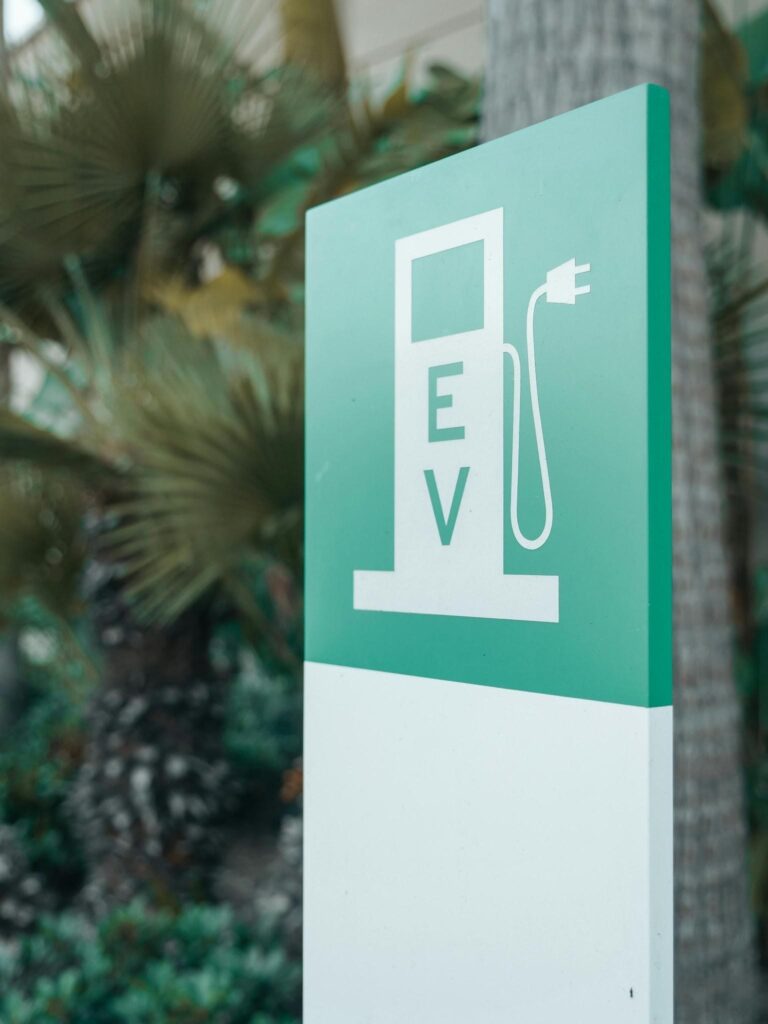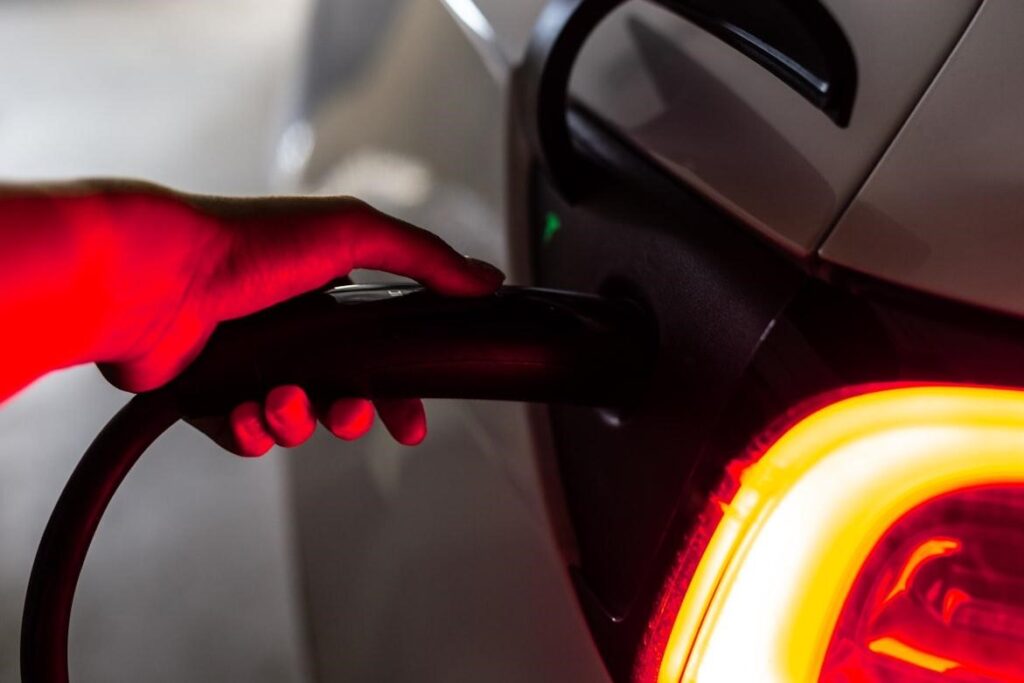The Near-Future Promises Faster Charging and Safer Batteries
This article may contain affiliate links.
Advancements in battery technology have transformed how we think about transportation, renewable energy and portable electronics. Despite impressive progress, one challenge continues to dominate discussions: how to charge batteries faster without compromising safety, capacity or lifespan. Fast-charging technology is moving from the fringes of innovation into mainstream use, and the next wave of developments promises to make it more accessible, efficient and environmentally friendly.
From electric vehicles to consumer electronics and industrial applications, breakthroughs in charging speed could reshape entire industries. Understanding what’s on the horizon and the technologies driving this evolution can help consumers, manufacturers and policymakers prepare for a future where power is delivered almost as quickly as it’s consumed.
The Role of Advanced Materials in Speeding Up Charging
The rate at which a battery charges depends heavily on the materials used in its electrodes and electrolyte. Traditional lithium-ion batteries, while reliable, have inherent limitations in how quickly they can accept a charge without overheating or degrading. Researchers are now exploring alternative materials like silicon anodes, lithium metal and solid-state electrolytes, all of which can handle higher currents and faster ion movement.
Some of these innovations address safety concerns. Solid-state batteries, for example, replace flammable liquid electrolytes with solid materials, reducing the risk of thermal runaway (fires) and allowing for denser energy storage. These design changes could enable much faster charging speeds while extending battery life, which is critical for the growing demand in electric vehicles, grid storage and portable devices.

Implications for Electric Vehicles and Grid Integration
Fast-charging advancements will have perhaps the most transformative effect on transportation. Range anxiety, a common barrier to EV adoption, is as much about charging time as it is about range itself.
While modern electric cars can already achieve an 80% charge in 20–40 minutes at high-powered charging stations, the next wave of innovations aims to cut this time to under 10 minutes without sacrificing battery health. This leap in performance will depend on charger hardware and on the evolution of EV batteries that can safely accept higher currents. Improved thermal management systems, better charging algorithms and advanced cell chemistries will be important for achieving these speeds while maintaining long-term performance.
The shift could align with smarter grid integration, where charging is dynamically optimized based on real-time energy availability, reducing strain on power infrastructure.
Enhancing Safety While Boosting Speed
One of the biggest hurdles in ultra-fast charging is ensuring that safety isn’t compromised. Rapid charging generates heat, and if not properly managed, it can degrade the battery or even create fire risks. To address this, researchers are developing advanced cooling systems, both liquid and air-based, that can maintain optimal battery temperatures during high-speed charging sessions.
Manufacturers are experimenting with intelligent charging protocols that adjust voltage and current dynamically to match the battery’s state of charge. These adaptive methods prevent stress on the cells and ensure a more balanced distribution of ions, which is critical to avoiding damage during repeated fast-charging cycles. These improvements could help standardize ultra-fast charging without introducing new safety hazards.
The Role of AI and Smart Charging Algorithms
Artificial intelligence is becoming an integral part of battery management systems. By analyzing real-time data from sensors within the battery, AI can make split-second adjustments to charging rates, optimize cell balancing and predict maintenance needs. This is particularly important for fast-charging scenarios, where small inefficiencies can lead to significant wear.
AI can learn user behavior and adapt charging patterns accordingly. For example, if a driver typically charges overnight, the system may favor slower charging to preserve battery health. Conversely, if a user needs a rapid top-up before a trip, the system can safely push charging speeds to the limit while still protecting the battery from long-term harm.
Infrastructure Upgrades to Support Next-Gen Charging
The promise of faster charging won’t be realized without matching improvements in charging infrastructure. High-capacity chargers capable of delivering 350 kW or more are already available in some regions, but widespread deployment will require significant investment in grid upgrades, transformer capacity and renewable energy integration.
Charging networks will need to standardize connectors, protocols and payment systems to make the experience seamless for users. Future stations may incorporate on-site energy storage, allowing them to store excess renewable energy and deliver high-speed charging without overloading the grid during peak times. This will make ultra-fast charging more widely available and support the broader transition to clean energy.

Environmental Considerations and Recycling
As charging speeds increase, so will the number of batteries reaching the end of their usable life. Developing sustainable recycling methods is important to prevent environmental harm and recover valuable materials like lithium, cobalt and nickel. Some companies are already investing in closed-loop recycling systems, where old batteries are broken down and their components reused to make new ones.
Fast-charging technologies themselves could help reduce environmental impact by making EVs more practical and attractive to a broader audience, accelerating the shift away from fossil fuels. This benefit must be balanced against the potential resource demands of manufacturing next-generation batteries, making responsible sourcing and recycling a priority.
What Consumers Can Expect in the Next Five Years
For everyday users, the benefits of next-generation fast-charging technologies will go far beyond simply plugging in and waiting less. Shorter wait times will be one of the most noticeable improvements; charging sessions that once took an hour could soon be reduced to just a few minutes.
This will apply across multiple categories, from smartphones and laptops to electric vehicles, dramatically changing how people plan their day. For EV owners, “refueling” in the same time it takes to grab a coffee or make a quick pit stop could finally put charging convenience on par with gasoline fill-ups.
Battery lifespans are expected to improve thanks to smarter charging protocols and better thermal management. This means that even with frequent use of ultra-fast charging, batteries will maintain more of their capacity, reducing the need for costly replacements. In portable electronics, this could translate to devices that charge faster and last longer before showing signs of battery fatigue.
The shift to ultra-fast charging represents more than a convenience upgrade; it’s a fundamental change in how we think about and use energy. By combining advances in materials, smart technology and infrastructure, the industry is poised to deliver solutions that make battery charging nearly instantaneous, without sacrificing safety or sustainability. For consumers, this means a future where power is always within reach and waiting is a thing of the past.
The post What to Expect from the Next Wave of Fast-Charging Battery Technologies first appeared on Clean Fleet Report.

